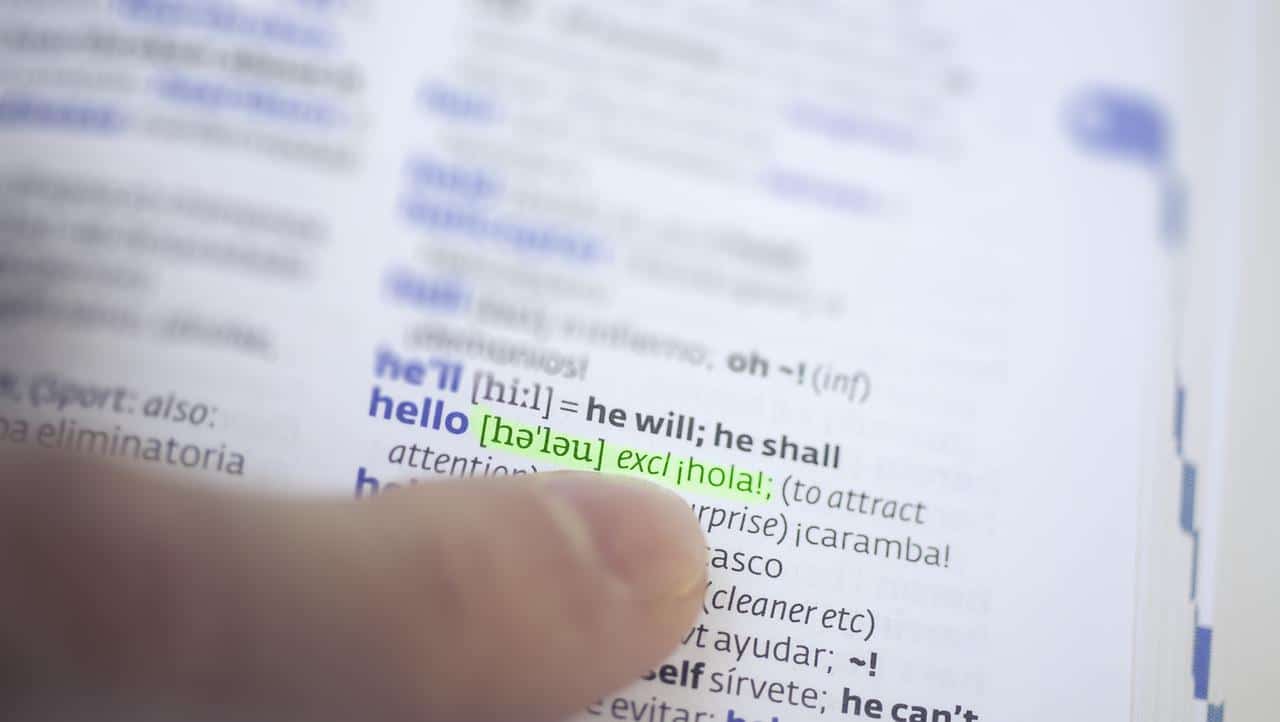One thing is for sure; spontaneous exclamations are a colorful aspect of any language and we have lots of them. They used to be words or phrases such as “Golly!” and “Gosh!” and “For heaven’s sake!” Nowadays, they tend to be unprintable. We utter them when we are surprised, angry, sad, happy or otherwise emotional.
Every language has them. Indeed, every country, region and age group has them. By their very nature – spontaneity – they do not come easily to the language learner.
It takes a while before it happens. When I was first learning Spanish, I would often call out “Mamma mia!” or “Porca miseria!” because they were exclamations I used to use in Italian. Now, after many years here, there are still only a few Spanish exclamations that come to me naturally.
One of the most frequent ways of expressing a strong emotion in Spanish is to use qué + noun. This translates into the English use of “What a…”:
¡Qué fastidio! (What a bother!)
¡Qué día! (What a day!)
If you want to dress it up a bit more, you can add más and an adjective:
¡Qué libro más aburrido! (What a boring book!)
The expression with qué + noun I hear most often is ¡Qué barbaridad! This can be translated literally as “What a barbarity!” It’s something people say to express a strong dislike of something. Equivalent translations might be “How awful!” or “What a bunch of nonsense!”
Sometimes, instead of qué, vaya + article + noun is used:
¡Vaya el muchacho! (What a boy!)
¡Vaya! is also used as an exclamation all by itself. It is rather like saying, “Well, how about that!” ¡Vamos! on the other hand, is equivalent to “Come on!” Both are forms of ir, to go.
Likewise, the use of qué + adjective translates into our “How…”:
¡Qué lindo! (How nice! or How attractive!)
¡Qué feo! (How awful! or How ugly!)
These expressions, especially the positive ones, are often preceded by an ¡Ay! (writers of Spanish don’t have the hang-up we do about exclamation points):
¡Ay! ¡Qué lindo!
¡Ay! is also what Spanish speakers say instead of “Ouch!” and ¡Aime! is an expression of distress.
Pity for oneself can also be expressed by ¡Pobre de mí! If we want to express pity for someone else, we can say ¡Pobre de ____!, or we can simply say ¡Pobrecito!, ¡Pobrecita!, etc.
Another exclamation or expression often heard is ¡Menos mal! It literally means “less bad,” but it is equivalent to “so much the better.”
A rather curious expression of disgust that I hear a lot is ¡No seas ingrato! It means “Don’t be ungrateful,” but is not directed at anyone in particular. Oh, and if we want to call B.S. on someone: ¡Pura paja! (“pure straw”) or ¡Patrañas!
Often, nonsensical expletives in any language are simply substitutes for stronger words. Thus, in English, we might say “gosh” instead of “God,” or “jiminy” instead of “Jesus.”
Likewise, several Spanish expletives begin with car, which I assume are substitutes for the expletive carajo: ¡Caramba! ¡Caray! ¡Carambolas (“star fruit”)! ¡Caracoles (“snails” or “shells”)!
It is interesting that the use of religious names in simple exclamations is not considered offensive unless they are employed in an angry context. Everyday Spanish speech is filled with such expressions as ¡Jesús!, ¡Dios mío!, ¡Santo Dios! and ¡Madre de Dios!
Finally – there is no way to ignore it – I can’t go without mentioning the exclamation we hear more than any other in Costa Rica: ¡Hijueputa! It comes from the standard Spanish hijo de puta (son of a slut). Sometimes it is shortened to ¡Jueputa! or just plain ¡Puta! Sometimes it is cleaned up a bit with ¡Híjole! or ¡Pucha!
Let’s face it, ladies, no matter how you cut it, it’s the same ol’ same ol’. The best way to express anger or to hurl an insult in just about any language is to demean woman.
¡Qué barbaridad!






